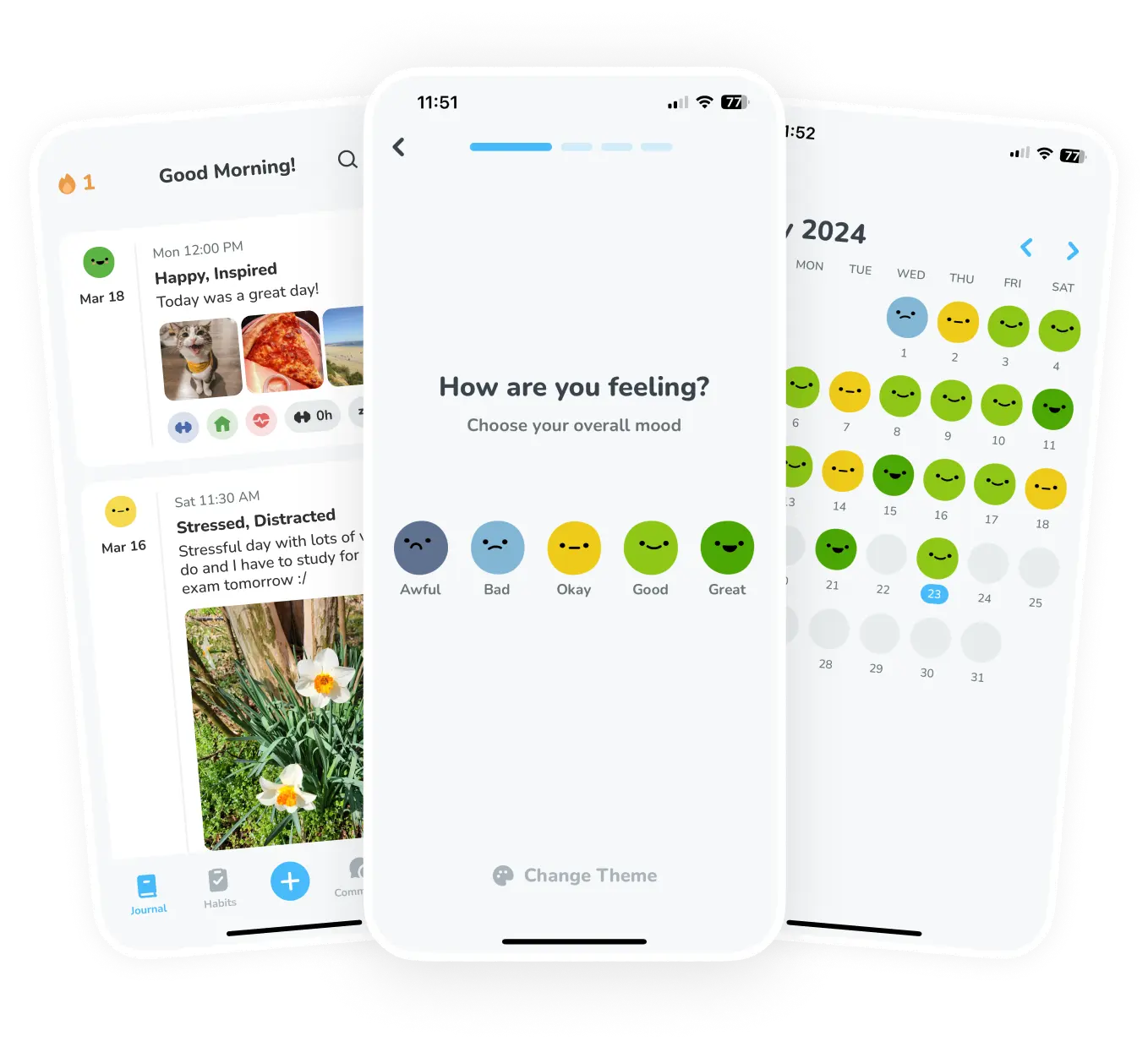In the age of social media, everyone wants to be the main character. Your feed is full of aesthetic morning routines, captions romanticizing being the main character of your life, and an expectation that everything you’re exposed to on social media is made specifically for you. At first glance, it may seem harmless but what happens when this mindset goes too far? When people start expecting every online conversation, post, or trend to revolve around them, more negativity is allowed to enter our online spaces. Comments sections are filled with complaints like “Why isn’t this recipe gluten-free if some of us can’t eat that?” or “Must be nice, some of us can’t afford clothes like that”. Not only do we start to compare ourselves to unrealistic social media standards but we may also start to spread negativity to creators who don’t deserve it. Let’s take a look at how to stay grounded in an era that constantly pushes us to be the star of the show.
What is Main Character Syndrome?
Have you ever walked down the street while listening to music pretending you’re in a movie? This is harmless of course and can even be fun! However, this concept turns into “Main Character Syndrome” when you actually start to behave like everything in the world revolves around you. Main Character Syndrome (MSC) is a newly defined mindset where someone views themselves as the protagonist of life, often to the point of self-absorption, expecting the world and online content to revolve around them. It can be good to prioritize yourself, but there’s a fine line between harmlessly romanticizing life and becoming so self-focused that you begin to negatively affect yourself and those around you. Problems arise when people start expecting the world, especially the internet, to cater to them.
The Role of Social Media in Fueling Main Character Syndrome
Social media isn’t just a place to connect anymore- it’s a stage. Platforms like TikTok and Instagram encourage users to post aesthetic and picture-perfect content, often glorifying “main-character” moments. While there’s nothing wrong with romanticizing life, social media takes it a step further by reinforcing the idea that every moment should be meaningful and perfect and that every piece of content should feel personally relevant. Trends with catchy taglines like “POV: You’re the Main Character” have flooded social media, pushing the idea that life should always feel special. While these trends can inspire self-improvement, they can also set unrealistic expectations, convincing people that typical mundane moments aren’t enough unless they’re aesthetic and shareable.
Beyond the rise of overly-aesthetic content, social media also affects how people think content should be delivered to them. Algorithms are good at predicting what users want to see based on past online activity, which creates a hyper-personalized experience. While algorithms are pretty good, they aren’t perfect and people can get frustrated when they don’t see exactly what they want. For example, if a food creator shares a muffin recipe, instead of appreciating the content or continuing to scroll, someone comments, “Why isn’t this gluten-free? Not everyone can eat this?”. A fitness influencer shares their workout routine and the replies are flooded with, “This doesn’t apply to people with joint issues. Be more inclusive.” Rather than recognizing that not all content is meant for everybody, some users expect every post to align with their personal needs and experiences. This fuels Main Character Syndrome, which can leak from online into our real lives as well.
Negative Effects of Main Character Syndrome
When taken too far, Main Character Syndrome can negatively impact the individual and those around them. For the individual, living life as a “main character” can lead to prioritizing their image over real experiences, constantly seeking validation, and struggling with realistic setbacks. When someone believes the world revolves around them, it can be difficult to overcome normal setbacks in life which lead to emotional exhaustion and anxiety. In addition to negatively impacting the individual, Main Character Syndrome influences how they treat others. Someone may take offense when something doesn’t specifically cater to them and instead of recognizing that not everything is meant for them, they lash out at creators. This is where a lot of hate comments online stem from, which negatively impacts the mental health of creators and users. This negativity can bleed into real-life and isn’t just limited to the online world. Someone may struggle to empathize with others in their personal life, expect constant attention, and dismiss others’ boundaries and needs. To prevent this from happening, it’s important to remember that we are all protagonists in our own stories, but we are also side characters in everyone else’s.
There’s nothing wrong with prioritizing yourself, embracing self-love, or romanticizing your life. In fact, finding small moments of joy and making sure your own needs are met is a great thing! But like anything, balance is key. Main Character Syndrome becomes a problem when it distorts reality and keeps us in a negative loop where we get upset at everything that doesn’t perfectly cater to us. When we let entitlement take over, we push people away rather than building genuine connections. We can strike the right balance by making ourselves a priority while also stepping outside our own narratives to respect different perspectives and engage in the world in different ways. Romanticize your life. Take the aesthetic video. Be confident in your story. Just don’t let the pursuit of being the “main character” stop you from living authentically, treating others with kindness, and appreciating the beauty of life.


